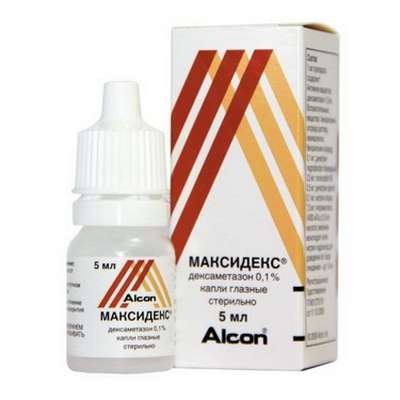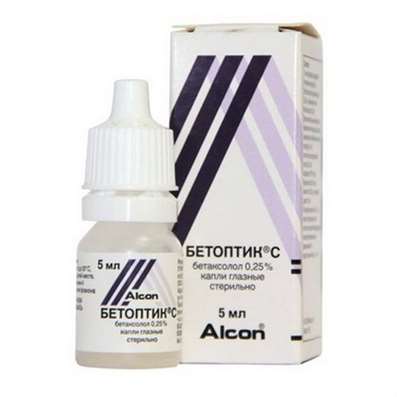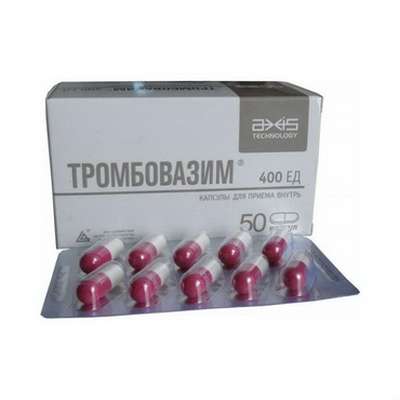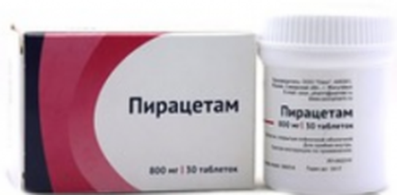Adult Neurogenesis
05 Nov 2016
Neuroscientist Dr. Doping tells about newborn neurons in the hippocampus, the stimulation of neurogenesis and thymidine label.
From school to all postulate known that nerve cells in the brain are not restored. This statement was made in 1928 by the great Spanish neurohistology Santiago Ramón y Cajal - a person who is one of the founders of neural theory, that is, the theory that describes how the nervous system is organized. This postulate was mainly in the science of the brain until the end of the XX century, is one of American Anatomists Joseph Altman showed that in the brains of adult animals - and he worked with monkeys, cats and rats - no new cells. He demonstrated this using classical models at the time of administration to animals of radiolabeled thymidine. Thymidine - one of the four nucleotides that comprise DNA and a cell divides and DNA replication occurs, thymidine incorporated into DNA, and thus incorporated labeled thymidine and analogs. Thus, if you look where to embed thymidine analogue, you can see the cells in which division occurred. Here he saw in the brain cells, turning a radiolabelled thymidine.
As themselves differentiated cells, in particular adult neurons do not have the ability to divide, then tags thymidine incorporation was only one explanation, new brain cells. In spite of this revolutionary work and its continuation - and it was - as well as publications in very good journals, Science and of Nature, these findings were not accepted Altman appropriate level of contemporaries. In fact, Altman, while working at the Massachusetts Institute of Technology, because of breakthrough work that does not accept the public lost sponsorship, and was forced to take up other topics.
Subsequently, 15 years later, another researcher US Kaplan, after Altman also discovered new cells in the brain in mammals and by electron microscopy showed that this neurons that have synaptic contacts with other cells. However, just like Altman, Kaplan was forced to give up their studies in the field of adult neurogenesis, because the public also did not accept his work, and he left in regenerative medicine.
And only in the late 80-ies on the bird studies have shown that neurogenesis in the adult brain does not just exist, but it is also functional. In birds, the moment when they learn the song in the spring, there are thousands of new neurons that disappear in the fall and reappear in the spring. It was only after these studies, neuroscientists began to seriously consider the subject with respect to adult neurogenesis.
Now we are very much aware of neurogenesis in the adult brain. Firstly, we know that adult neurogenesis occurs only in limited areas of the mammalian brain, the two areas. The first of them - this is the area around the ventricles (cavities in the brain is), and it was called the subventricular zone. There is a constant production of new neural precursors, which are then converted into neuroblasts and young neuroblasts migrate far enough from the SVZ to the olfactory bulb, where they are transformed into adult neurons and the neural network incorporated in the olfactory bulb. How is an intensive process, says the experiment, when the animals, mice, and stopped the nostrils and thus they did olfactory deprivation, ie impoverished sensory experience. This bulb is sharply reduced in size. However, when the nostrils uncork again bulbs restored its original size.
The second area where neurogenesis takes place - it is the hippocampus (the structure, which is crucial for memory, learning, and our emotional behavior). To improve brain functions you can with Cogitum, Picamilon, Cerebrolysin, Cortexin.
This area has stem cells and retains the ability to produce new neurons. These neurons, unlike the subventricular zone, not migrate away and remain there in the hippocampus.
Neurogenesis actively talking not only of rodents but also in the brain in humans. In particular, the global study of the brain of people were held in 2013. From 1945 to 1963 - a period of very active testing of atomic bombs. Accordingly, the air accumulated radioactive isotope of carbon - carbon-14, this carbon through food plants got into human organism. If the brain is constantly formation of new neurons, that, accordingly, these neurons should include the radioisotope. It has been studied the content of the radioactive isotope in the brain in humans, and found some interesting facts. Firstly, human neurogenesis also very highly active, particularly in the hippocampus. This neurogenesis in the subventricular zone also occurs in humans, but apparently these cells lack the ability to migrate from the olfactory bulb, which, in general, is not surprising, because for mice, rats, smell - is a very important sense organ, and for human sense of smell is not as important as for rodents.
So, if we talk about the hippocampus, a person was counted how many cells there about a day - 700 new neurons. Thus 35% of the hippocampal cells are a newborn neurons. Neurogenesis in the brain is a dynamic process, and this means that it is affected by various external factors. Some of these factors are chemicals that are used in chemotherapy, and radiation. They act on the dividing cells and thus can inhibit cell division. It is used to treat cancer, but also inhibit the influence neurogenesis in the brain.
Another negative impact on neurogenesis is stress. It has been shown that chronic stress is able to lead to a sharp decrease in the number of dividing cells in the brain. Many attribute this decline in neurogenesis pathogenesis of depression. It has been shown that not only the use of anti-depressants in general improves the mental state, and restores it to a normal level of neurogenesis. Moreover, if the radiation to kill dividing cells, then analyze the effect of antidepressants, it appears that antidepressants are no longer act on the body that is exposed to radiation, that is, mechanisms of action of antidepressants are directly related to new neurons in the hippocampus.
But, in addition to negative impacts, there are also some effects that have a positive effect on neurogenesis. It can be again chemicals, in particular, drugs that are used to treat Alzheimer's disease, increase neurogenesis in the brain, but it turned out to be a very effective rich media and voluntary running. Voluntary running in the wheel increases neurogenesis twice.
It is known that neurogenesis decreases with age and this decline in mice is about ten times less than the fall in man, that is, we neurogenesis decreases with age is only four times. It has been shown that regular jogging in rodents can slow down the age-related drop in neurogenesis.
The well-known adage that a healthy body - healthy mind, in modern neuroscience has received experimental confirmation.
Incomprehensible problems today are, firstly, the stem cells contained in the marrow. Is their population is renewable? There are two views on this issue, the two camps of scientists, their conventionally divided into pessimists and optimists. Camp optimistic suggests that stem cell pool is constantly updated while other studies suggest that stem cells as it is fired once, give rise to neurons and then disappear. It turns out that in the first model, the more stimulating neurogenesis, the greater the pool of stem cells, the more neurons in the brain, probably, it will be good. In the case of the second viewpoint stimulation of neurogenesis may not always be good. If stimulation causes neurogenesis stem cells turn into neurons, such positive seemingly effect will lead to the fact that the stem cell pool is depleted, this will result in, perhaps, premature aging of the brain.
The next question - is understanding what mechanisms regulate neurogenesis, that is, how to regulate the process of survival of young neurons. This is very important in order to create some new neuroprotective effects. Generally speaking, research in the field of neurogenesis is very interested in the space industry, because in the expedition, which will fly to Mars, people are exposed to radiation. What will happen at the same time with their brains, as it will then operate and whether they suffer neurogenesis? This is also a very important issue.

 Cart
Cart





